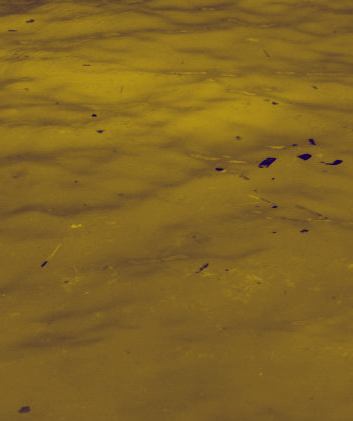CO2 could drive fresh acidification
 Rising carbon dioxide appears to be acidifying freshwater.
Rising carbon dioxide appears to be acidifying freshwater.
As carbon dioxide (CO2) levels in the atmosphere rise, more CO2 gets absorbed into seawater. As a result, the world’s oceans have grown more acidic over time, causing a wide range of well-documented problems for marine animals and ecosystems.
Now, researchers have found the first evidence that similar things are happening in freshwaters too.
A new study has found that some freshwater ecosystems have become more acidic with rising pCO2 (partial pressure of CO2).
Researchers also showed in lab studies that increases in freshwater pCO2 can have detrimental effects on at least one keystone species, a tiny freshwater crustacean, leaving them less able to sense and defend themselves against predators.
The findings suggest that increasing CO2 levels may be having widespread effects on freshwater ecosystems.
“Ocean acidification is often called the ‘climate change’s equally evil twin,’ and many current investigations describe tremendous effects of rising CO2 levels on marine ecosystems,” says Linda Weiss at Ruhr-University Bochum in Germany.
“However, freshwater ecosystems have been largely overlooked. Our data indicate another pCO2 problem: pCO2-dependent freshwater acidification.”
Ocean acidification has consequences for marine food webs, nutrient cycles, overall productivity, and biodiversity. Yet, the researchers say, surprisingly little has been known about the impact of rising atmospheric CO2 on freshwater systems.
The study focused on four freshwater reservoirs in Germany, using data from over 35 years from 1981 to 2015.
It revealed a continuous pCO2 increase.
As in the ocean, that increase has been associated with a decrease in pH (increasing acidity). In fact, they report a change in pH of about 0.3 within 35 years, suggesting that freshwaters may acidify at a faster rate than the oceans.
“We now want to know the global degree of this phenomenon,” Dr Weiss said.
The question is: “Are all freshwater impoundments prone to this kind of acidification?”








 Print
Print